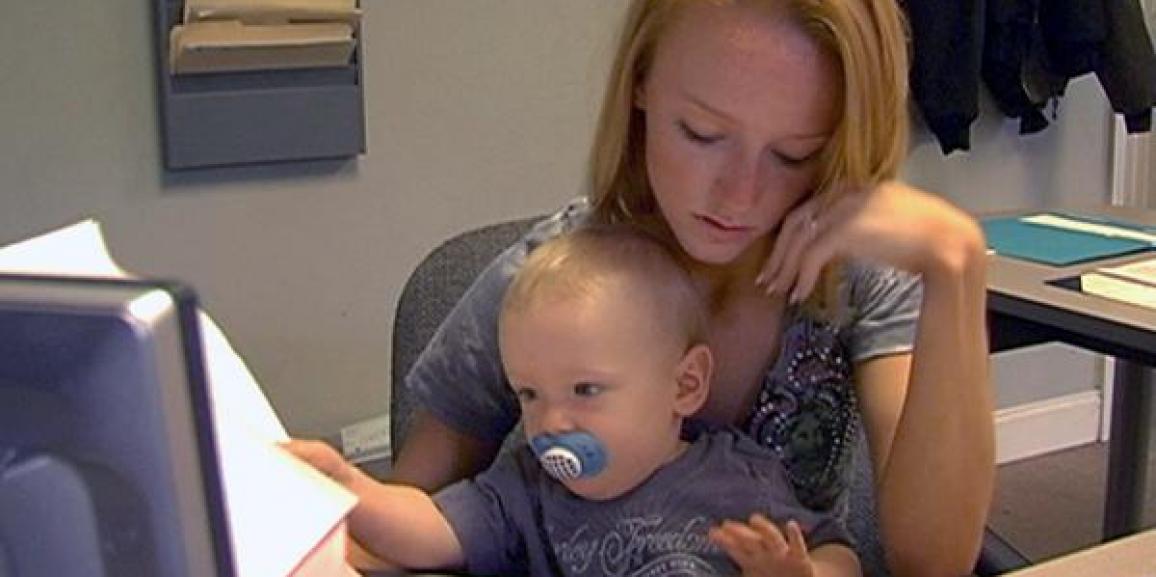Charles Brennan joined partner organizations and leaders in Greeley, Colorado for a pro-Consumer Financial Protection Bureau rally.
Recent articles
CCLP testifies in support of prohibiting surveillance data to set prices and wages
Charles Brennan provided testimony in support of House Bill 25-1264, Prohibit Surveillance Data to Set Prices and Wages. CCLP is in support of HB25-1264, as it is one of our priority bills.
Press Release: Colorado Lawmakers Signal Ongoing Commitment to Tackling Algorithmic Exploitation
Landmark Debate on HB25-1264 Marks Critical Step in Taking on Surveillance Pricing and Discriminatory Wages
CCLP letter urging Governor Polis to sign HB25-1147
Annie Martínez, Esq. sent Colorado Governor Jared Polis a letter urging him to sign HB25-1147, Fairness & Transparency in Municipal Court, after he threatened a veto. CCLP is in support of HB25-1147.
Affordable childcare helps parents sharpen skills to support their families

Studies consistently show that a lack of affordable childcare limits parents’ educational goals and compromises their efforts to move out of poverty. Approximately 52 percent of single mothers in Colorado without high school diplomas live in poverty. Yet, the poverty rate falls to 18 percent for single mothers with a bachelor’s degree.
Colorado provides some resources to support parents in achieving their educational goals but they are spread between four different state departments and can vary from college to college. It can be nearly impossible for low-income parents to identify and coordinate the resources that could help them complete their education or training goals while caring for young children. Only one in 10 low-income parents is enrolled in education or training programs nationally. Half of those also work, and thus need childcare for work, school and their commute. Only a few colleges in Colorado offer onsite childcare. Those that do may still require full payment of childcare services, which presents a budgetary challenge for low-income households. The programs may only serve children of a certain age range or they may not provide childcare during the hours when classes are offered.
We have heard anecdotally that some colleges factor in childcare needs to determine financial aid eligibility. We have also heard that some parents increase their student debt to cover childcare bills – potentially prolonging their financial woes even after they obtain a certification, degree or gainful employment.
Meanwhile, workforce centers that train or retrain workers generally do not provide childcare services. Clients with childcare needs are often referred to Human Services. The federal Workforce Innovation and Opportunity Act (WIOA) does allow funds to be used to provide support services, including childcare, but there are not sufficient funds to cover those needs and other necessary supportive services. Under the new WIOA bill, workforce centers must prioritize service to those with barriers to employment — such as the need for childcare. The State Workforce Development Council is currently in the process of finalizing Colorado’s WIOA implementation plan. To effectively serve those with childcare needs in the workforce centers, coordination between state departments must be developed. Unlike other parts of Human Services, the Child Care Assistance Program is not a federally required partner in WIOA.
Some adult education and literacy programs offer childcare arrangements, but most do not. Thus parents may defer participation until their children are school aged — deferring as well their ability to achieve economic stability by completing their high school equivalency diplomas.
To address the disconnect between the need and availability of childcare for low-income parents, CCLP developed House Bill 1050, sponsored by Rep. Brittany Pettersen, D-Lakewood and Sen. Mike Merrifield, D-Colorado Springs. The bill would create a time-limited task force charged with evaluating how state agencies could coordinate meeting the childcare needs of low-income parents who wish to advance their education. Members of the task force would include various state agencies, counties, representatives of organizations that serve parents who have sought or completed education and training, and parents themselves. The task force will be charged with streamlining processes administratively, or making recommendations for future legislative changes, if needed. HB 1050 has garnered support from the All Families Deserve a Chance (AFDC) Coalition, the Bell Policy Center, the Colorado PTA, Skills2Compete Colorado, the Women’s Foundation of Colorado, the Center for Work Education and Employment and the Colorado Children’s Campaign. Further details about the bill are available in this fact sheet.
The bill has a small fiscal note which could present some challenges in a year when the budgetary shortfall is a serious concern. However, considering that lack of available childcare is a major barrier to economic security, the legislation is a sound investment in helping low-income families help themselves. HB 1050 is scheduled to be heard by the House Public Health Care and Human Services Committee on Jan. 26. The legislation was among a slate of bills approved for introduction by the Early Childhood and School Readiness Commission.
– By Chaer Robert

